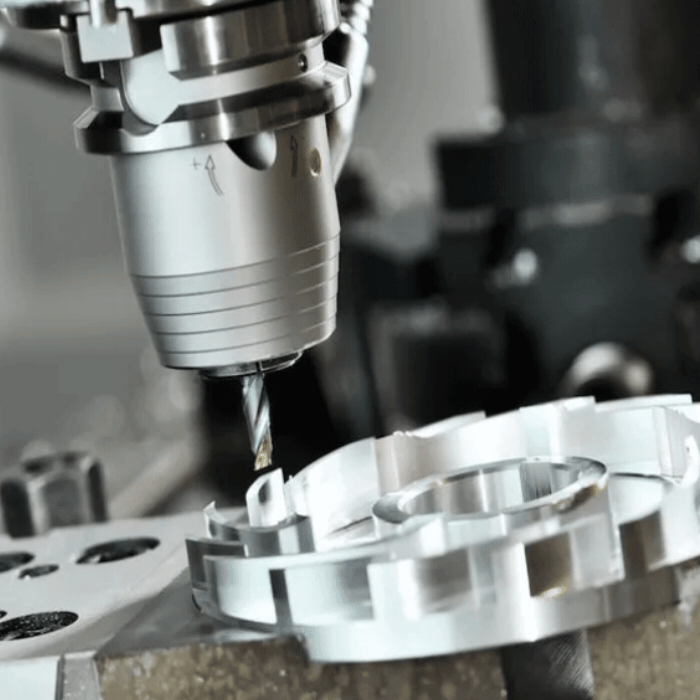Application of numerical Control Technology in Die and Mould Machining
The manufacturing of mold parts belongs to the mode of single piece and small batch production, and its cavity and core.
The shape is often complex, difficult to complete automatically in a short time, and manufactured.
Quality is not easy to guarantee.
Before the advent of numerical control technology, in addition to the special production line of mass production, there were.
In addition to a high degree of automation, all kinds of parts are basically manufactured by hand.
Done. These parts are generally composed of simple geometric elements such as straight lines and arcs.
The emergence and development of numerical control technology is the development of complex curve and curved surface mold parts.
Single piece and small batch automatic processing provides a very effective means.
Characteristics of NC Machining
Numerical control is the abbreviation of digital control (Numerical control). It is a modern automatic control technology controlled by digital information.
It controls the machine tool with digital information composed of numerical values and symbols to realize the automatic operation of the machine tool.
CNC machine tools are also known as NC machine tools.
NC machining has the following advantages:
1 increase productivity.
2 there is no need for skilled machine tool operators.
(3) it can improve the machining accuracy and keep the machining quality consistent.
(4) reduce the number of fixtures.
(5) it is easy to manage the machining process.
(6) reduce the rate of scrap and defective products.
(7) it is easy to change the design, and the processing setting is flexible.
8 reduce the workload of inspection.
9 easy to realize automation, one person can operate multiple machine tools.
10 easy to operate and reduce labor intensity.
The applicable scope of NC Machining
Multi-variety and small batch (10mm 100) parts.
Parts with complex structures.
Parts that need to be improved frequently.
Key parts that are expensive and are not allowed to be scrapped.
Urgently needed parts that require a minimum production cycle.


